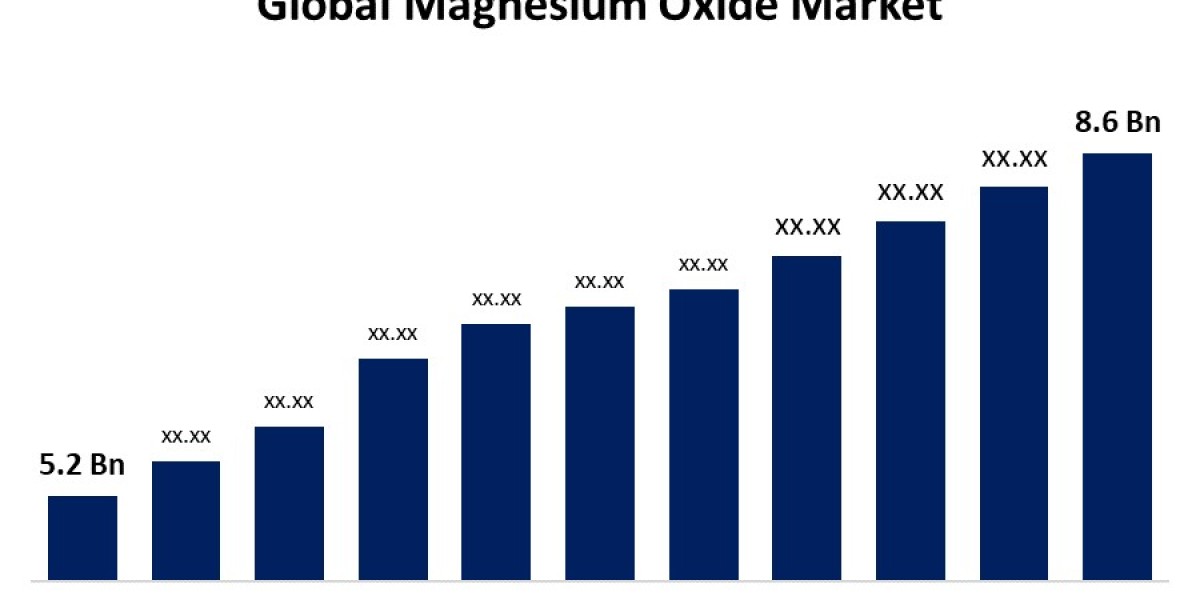The GCC Cloud Computing Market is experiencing rapid growth, with a forecasted boom by 2025. As businesses across the region embrace digital transformation, the demand for cloud-based solutions has surged. The GCC countries, including Saudi Arabia, the UAE, Qatar, and Kuwait, are at the forefront of adopting cloud technologies, driven by various factors such as government initiatives, technological advancements, and a growing need for data-driven decision-making.
Factors Driving the Growth of Cloud Computing in the GCC
1. Digital Transformation and Government Initiatives:
Governments in the GCC are pushing ambitious digital transformation agendas, and cloud computing plays a pivotal role in these plans. Saudi Arabia’s Vision 2030 and the UAE’s National Innovation Strategy focus on smart cities, e-government services, and digital infrastructures—initiatives that heavily rely on the flexibility and scalability offered by cloud solutions. These government-backed projects fuel the adoption of cloud technologies across sectors like healthcare, finance, education, and logistics.
2. Investment in Data Centers and Cloud Infrastructure:
In response to the increasing demand for cloud services, GCC countries are making significant investments in building and expanding data centers. This has resulted in improved access to cloud services within the region. Major global cloud service providers like Amazon Web Services (AWS), Microsoft Azure, and Google Cloud are setting up regional data centers, enhancing the reliability and efficiency of cloud offerings. Additionally, regional cloud providers are also growing to meet local market needs, offering services tailored to specific regulatory requirements.
3. Growing Adoption of Emerging Technologies:
The cloud computing market in the GCC is being driven by the rising adoption of technologies like Artificial Intelligence (AI), Big Data analytics, and the Internet of Things (IoT). These technologies require robust cloud infrastructure to handle complex data processing, storage, and analysis. As businesses in the region implement these technologies, the demand for scalable, on-demand computing resources increases. Cloud platforms offer the flexibility required to support the fast-growing needs of these cutting-edge solutions.
4. Cost-Effectiveness and Operational Efficiency:
One of the key benefits driving cloud adoption is cost savings. Traditional IT infrastructure often comes with high upfront capital costs and ongoing maintenance expenses. Cloud services, on the other hand, offer a pay-as-you-go model, allowing businesses to scale up or down based on their needs without incurring large fixed costs. This flexibility is particularly attractive to small and medium-sized enterprises (SMEs), which are increasingly relying on the cloud to compete with larger organizations without heavy financial burdens.
Key Trends Shaping the GCC Cloud Computing Market by 2025
1. Hybrid and Multi-Cloud Environments:
Organizations in the GCC are moving towards hybrid and multi-cloud environments to optimize performance and minimize risks. By utilizing multiple cloud providers and a mix of public and private clouds, businesses can reduce the risk of vendor lock-in while improving flexibility, redundancy, and cost efficiency. This trend is expected to grow significantly by 2025.
2. Enhanced Cloud Security and Compliance:
As cloud adoption increases, so does the focus on security and regulatory compliance. Cloud service providers are expected to invest heavily in advanced security measures, including encryption, identity management, and threat detection. The GCC region, with its strict data protection regulations, will see more localized security solutions designed to meet the specific needs of businesses operating in the region.
3. Localized Cloud Solutions:
There is growing demand for cloud solutions that cater to the unique needs and regulations of the GCC market. Local providers are focusing on delivering cloud services that comply with the region’s legal frameworks, offering better control over data residency and ensuring that businesses meet local compliance standards.
The Road to 2025: Cloud Computing as a Catalyst for Economic Growth
By 2025, cloud computing will be a cornerstone of the GCC’s digital economy. As more businesses transition to the cloud, they will experience enhanced agility, increased operational efficiency, and greater innovation potential. The GCC is well-positioned to lead the region in cloud adoption, attracting both regional and global businesses seeking advanced, scalable, and cost-efficient solutions.
For More Info https://www.gmiresearch.com/report/gcc-cloud-computing-market/
Conclusion
The GCC cloud computing market is set for remarkable growth by 2025. Driven by government initiatives, technological advancements, and the increasing demand for data-driven insights, cloud computing will play a vital role in the region’s economic transformation. Businesses that embrace cloud technologies early on will gain a competitive edge, positioning themselves for success in a rapidly evolving digital landscape.














